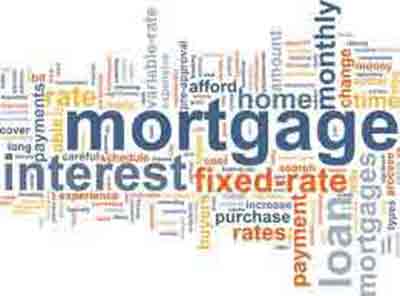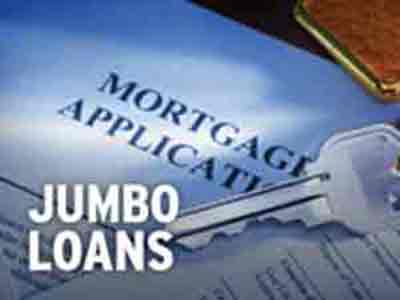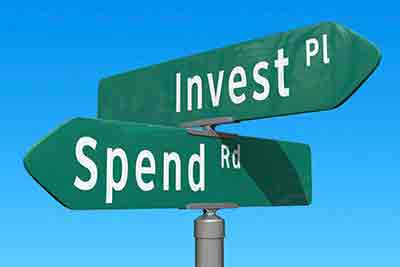A fixed-rate loan is one that has an
interest rate
 that does not change during its term. This means that even when interest rates rise in the future, the borrower will remain unaffected. Fixed-rate mortgages can have various terms up to 30-years to suit a wide variety of needs and financial goals for every borrower. These types of loans also come with an amortization schedule that lays out all payments from your first to your last. This not only lets you anticipate when your loan will be paid off, but helps bring stability to your financial plan. Since your interest rate is fixed your mortgage payment becomes far more predictable, and being able to anticipate all future loan payment amounts can in turn help you better budget for all your short and long term financial goals. If you’re not concerned about selling in the near future and plan to live in the property being purchased for years to come, this could be an attractive option. For more information on these types of loans visit our fixed-rate page here, or contact us today for more information and let us help you decide the best type of loan for you!
that does not change during its term. This means that even when interest rates rise in the future, the borrower will remain unaffected. Fixed-rate mortgages can have various terms up to 30-years to suit a wide variety of needs and financial goals for every borrower. These types of loans also come with an amortization schedule that lays out all payments from your first to your last. This not only lets you anticipate when your loan will be paid off, but helps bring stability to your financial plan. Since your interest rate is fixed your mortgage payment becomes far more predictable, and being able to anticipate all future loan payment amounts can in turn help you better budget for all your short and long term financial goals. If you’re not concerned about selling in the near future and plan to live in the property being purchased for years to come, this could be an attractive option. For more information on these types of loans visit our fixed-rate page here, or contact us today for more information and let us help you decide the best type of loan for you!While fixed-rate loan have interest rates that remain the same throughout the life of the loan,
the same throughout the life of the loan,
 the same throughout the life of the loan,
the same throughout the life of the loan, ARM loan
fluctuate based on changes in market indexes throughout the life of the loan. These types of loans typically begin at a lower rate than their fixed-rate counterparts and remain fixed for a predetermined amount of time; after which the interest rates rise and fall based on whatever index the loan is tied to, plus a margin set by the lender. For example, a “5/25 ARM” would have a fixed interest rate for the first five years, after which the interest rate would begin to fluctuate based on a predetermined market index, plus the lender set margin.If interest rates are expected to fall,
these types of loans could be particularly attractive given they often offer lower interest rates than their fixed rate counterparts in the beginning of their term, then may also stay low if and when interest rates due indeed fall in the future.Often times no matter how capable a borrower is to

afford a property,
the property falls above conventional loan lending boundaries. Jumbo loans were implemented to fill this void and allow borrowers seeking higher priced properties to finance them, rather than being force to pay cash. While these are riskier to lenders since they aren’t guaranteed by Fannie Mae or Freddie Mac, they are still available to qualified borrowers per various lender guidelines. If you are in a home that is pricedabove current loan limits,
visit our Jumbo Loans page here, or contact us today to see if a Jumbo Loan may be a good option for you!Investment loans are built specifically around the  needs of investors. For instance,
needs of investors. For instance,
 needs of investors. For instance,
needs of investors. For instance, 
